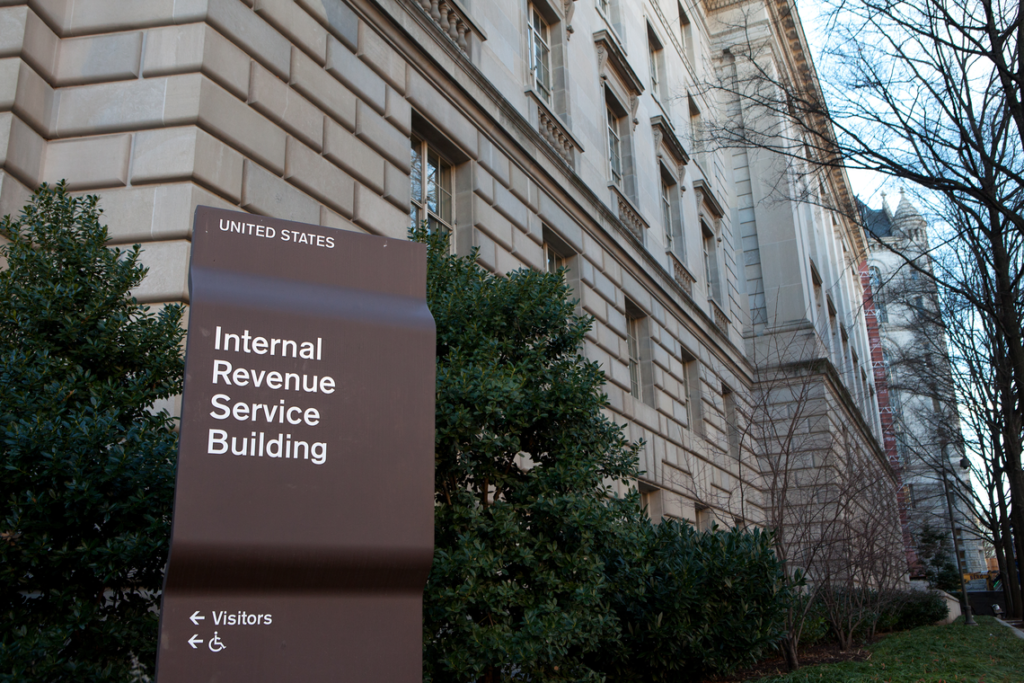It has been over a decade since Satoshi Nakamoto first published his original Bitcoin whitepaper. Yet, the United States’ position on taxes regarding cryptocurrencies has not gotten much clearer since.
It will soon be yet another tax return deadline, but the public still lacks any meaningful guidance on how to calculate and report taxes for cryptocurrency transactions.
A Decade of Confusion
In 2008, the Internal Revenue Service’s (IRS) own Taxpayer Advocate Nina Olson published an annual report to Congress calling for guidance on the taxation of virtual economies and currencies to no response — this should sound painfully familiar considering the situation has not improved much since then. Although it has been well over a decade now that the IRS has been examining this issue, there has only been one piece of official piece of guidance on the matter. The six-page report published in 2014 is all we have to go by, and frankly, it’s not enough. [bctt tweet=”A 6-page report from 2014 is not enough from the IRS to inform taxpayers on how to properly calculate taxes on their cryptocurrency investments. It’s time for the IRS to come out with concrete guidelines. ” username=”beincrypto”]The Basic Questions
The 2014 six-page guidance report tells us so little about some basic questions the IRS should answer sooner rather than later. For example:- How does one determine the ‘fair market value’ of a cryptocurrency?
- How does one determine the actual cost of a virtual currency upon purchase?
- How should one account for bounty or airdropped tokens?
- How should one account for cryptocurrency donations?
- Is there a distinction between convertible and non-convertible cryptocurrencies, and is this distinction relevant for tax purposes?
 These basic questions would go a long ways towards clarifying a problem that has persisted for too long. Instead, the IRS has opted to crack down on those who unintentionally cheat on their taxes while providing no clarification on the matter since 2014. All the IRS needs to do is offer some common-sense recommendations which would ease cryptocurrency investor anxieties.
One would hope that as the blockchain industry expands, and cryptocurrencies become more and more commonplace, that the IRS will soon be forced to clarify these guidelines. Frankly, they cannot expect us to comply without first knowing how to do so — and the responsibility for that falls squarely on the IRS itself.
Are the current IRS guidelines on the cryptocurrencies far too confusing in your opinion? Do you expect the IRS to respond to such criticisms? Let us know your comments below.
These basic questions would go a long ways towards clarifying a problem that has persisted for too long. Instead, the IRS has opted to crack down on those who unintentionally cheat on their taxes while providing no clarification on the matter since 2014. All the IRS needs to do is offer some common-sense recommendations which would ease cryptocurrency investor anxieties.
One would hope that as the blockchain industry expands, and cryptocurrencies become more and more commonplace, that the IRS will soon be forced to clarify these guidelines. Frankly, they cannot expect us to comply without first knowing how to do so — and the responsibility for that falls squarely on the IRS itself.
Are the current IRS guidelines on the cryptocurrencies far too confusing in your opinion? Do you expect the IRS to respond to such criticisms? Let us know your comments below.
Top crypto projects in the US | April 2024
Trusted
Disclaimer
In adherence to the Trust Project guidelines, BeInCrypto is committed to unbiased, transparent reporting. This news article aims to provide accurate, timely information. However, readers are advised to verify facts independently and consult with a professional before making any decisions based on this content. Please note that our Terms and Conditions, Privacy Policy, and Disclaimers have been updated.

Anton Lucian
Raised in the U.S, Lucian graduated with a BA in economic history. An accomplished freelance journalist, he specializes in writing about the cryptocurrency space and the digital '4th industrial revolution' we find ourselves in.
Raised in the U.S, Lucian graduated with a BA in economic history. An accomplished freelance journalist, he specializes in writing about the cryptocurrency space and the digital '4th industrial revolution' we find ourselves in.
READ FULL BIO
Sponsored
Sponsored

